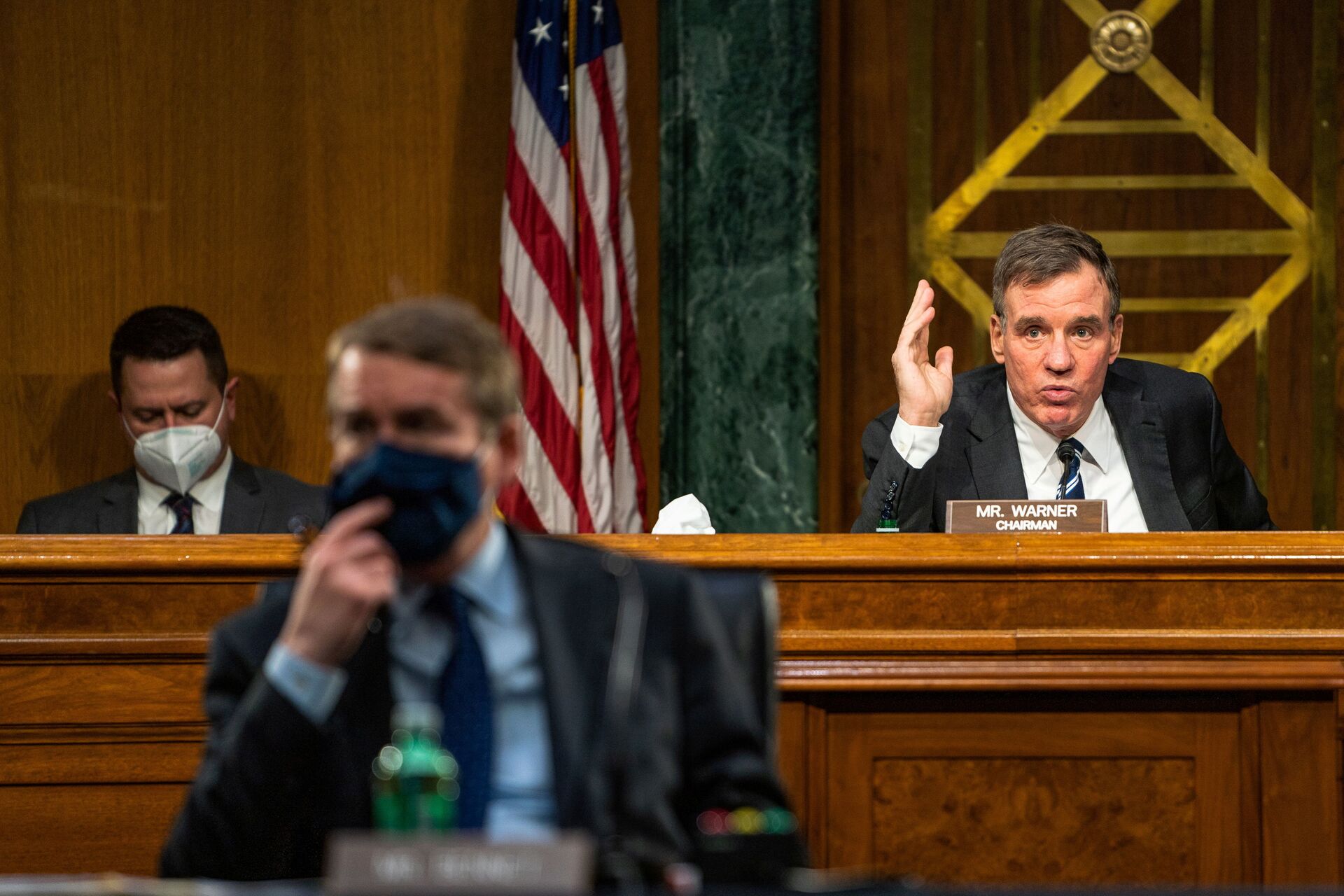A group of American lawmakers has prepared a bill that would allow the US government to prosecute countries that carry out cyberattacks against Americans, according to information provided on Monday by US House member and Democrat Colin Allred, the leading author of bill, on his personal web-page.
The legislation, called Homeland and Cyber Threat (HACT) Act, would give US citizens the opportunity to file lawsuits in federal or state courts against foreign governments for cyber activity, bypassing immunities given to external employees or agents.
“Cyberattacks against American citizens are only increasing and Congress should give Americans the tools they need to fight back against foreign attacks. This legislation does just that by giving Americans the ability to hold foreign governments accountable for damage done by cyberattacks”, Allred tweeted.
Among the legislation’s proponents are both Republicans and Democrats, including Congressmen Jack Bergman, Brian Fitzpatrick, Jaime Herrera Beutler, Joe Neguse and Andy Kim.

The move came against the background of the ongoing SolarWinds breach, attributed by the US to the Russian government. The new US administration is reportedly developing an appropriate response to the mass hacking attack what could include economic sanctions. Russia has repeatedly refused allegations, saying they have no merit.
“Any accusations of Russia's involvement are absolutely unfounded and are a continuation of the kind of blind Russophobia that is resorted to following any incident,” Kremlin spokesperson Dmitry Peskov said.
The SolarWinds company, during a hearing held last month in the US Senate Select Committee on Intelligence, refrained from speculating on the culprit behind the attack.
Last year, SolarWinds, which develops software for companies to help manage networks, systems and infrastructure, was hacked by a malware update installed on one of the firm's monitoring platforms. Among companies that downloaded the “infected” platform version were such giants as Microsoft, Cisco, FireEye, as well as many US government agencies, including the State Department and the National Nuclear Security Administration.


